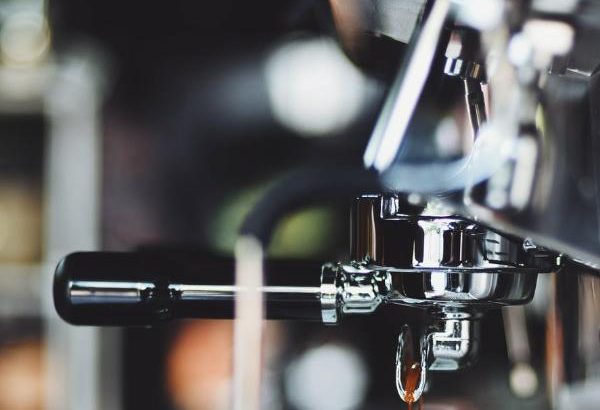You rely on coffee to get your day started, depend on it to keep you going during the day, and love to finish your evening meal with a cup. However, you are stuck in a rut buying the same old brand from your supermarket, without giving much thought to what you really want from your coffee. If this sounds familiar you might want to consider spending a little time exploring the many types of coffee available today, and choosing a selection to suit your particular tastes.
Some useful ingredients for coffee tasting at home include a good supply of filtered water as tainted water can spoil the best coffee, a tray designed to take several small cups or bowls, some measuring spoons, and a variety of spoons. You will also need a burr grinder if you want to use whole coffee beans. It can be worthwhile trying different grades of fineness as well as different types of coffee to see which you prefer. However, you can buy different grinds to determine your favorite if you don’t want to invest in a grinder.

When preparing the coffee, remember that the water should be just off the boil. Boiling water will scald your coffee beans ruining their flavor and aroma. One cup coffee maker or other types of quality coffee machines can ensure that the water is of exactly the right temperature. For tasting, however, you should simply mix the coffee grinds with the boiled water, and either filter after a couple of minutes, or spoon off a sample of coffee to try. You will need roughly two tablespoons of coffee to each six fluid ounces of water but you can vary this combination to achieve a stronger or weaker effect.
Before tasting you should breathe in the aroma of the coffee, a large percentage of the taste is actually in the smell. Make sure the coffee is not too hot when you take it in your mouth, and allow the liquid to run over your whole tongue, covering all your taste buds. Keep the coffee in your mouth for a few seconds before spitting into a container.
Given the different climates and soil types involved in producing coffee, as well as the variety of methods of preparation, it is not surprising that there are such variations in coffee types. Try coffees from a number of countries, in different parts of the world. Variations between African and South American coffees are staggering.

Learn about the profiles of the coffees you enjoy. What is acidity? What kind of aroma does the coffee have? How bitter is the aftertaste? Is there a nutty flavor to the coffee? Is there a peppery taste, or perhaps a floral one? Try light and dark coffees, rich, smooth, and sharp coffees to gain a real understanding of your own preferences.
Spending some time learning about the various coffees available and the particular types that appeal to your taste buds can make coffee drinking a real pleasure. Given the amount of coffee most people drink during their working week, it is surprising how few know very much about the drink. Coffee tasting can be a great way of entertaining friends while learning a little about your likes and dislikes at the same time.





